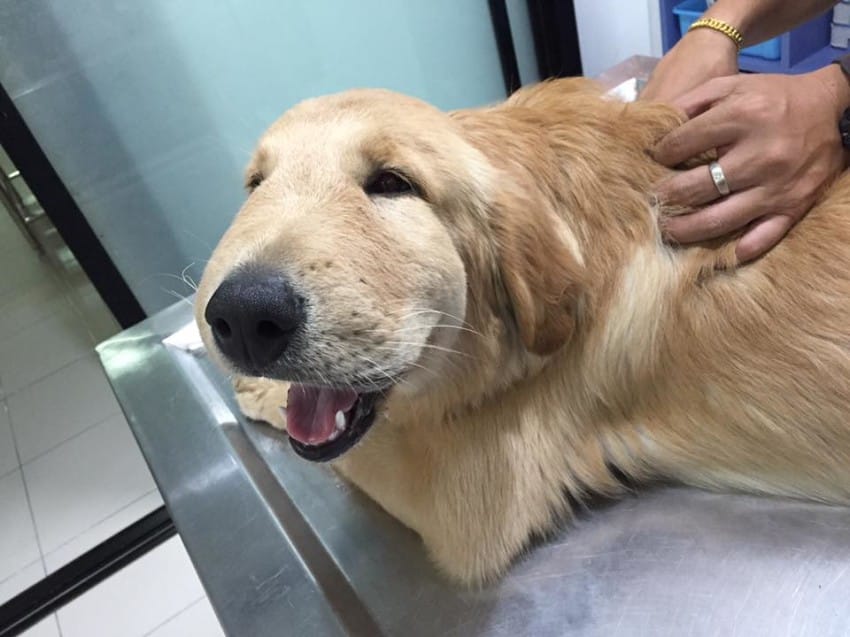For most, summer is the best time of the year. Rainy spring gives way to sparkling, sunny summer, bringing cook-outs, vacations, pool parties, and more. That said, when temperatures spike, new, seasonal dangers arrive for pets. Whether you’re staying at home or taking a week-long trip to the mountains, keep these common summer dangers for pets in mind whenever your beloved animal is by your side.
Ticks– Ticks are some of the worst dangers for pets who spend a lot of time outside. Ticks can carry a number of diseases, including Lyme disease, but the symptoms are often very hard to spot. Talk to your veterinarian to get an effective tick medication. We recommend that you or your dog walker check your pet for ticks at least once every day and look thoroughly after walks or trips through wooded areas. Ticks are a threat around the country, even in cities. If you have an extra few minutes after work or before going to sleep, spend them searching for these pesky insects.
Water – Remember: not all dogs have mastered the doggy paddle. Some like water, while others don’t. Some dogs are great swimmers, while others struggle to stay afloat. Before you bring Fido to the beach or pool, buy a flotation device to keep them safe. If your pup loves the water, be sure to always rinse off after a swim. Chlorine, salt and bacteria in pools and lakes can be harmful.
Dehydration and Heat Exhaustion– These threats are very dangerous during the summer. Animals should always have fresh, clean water, but summertime necessitates portable water bowls on walks, vacations, and long car rides. Watch out for common symptoms, including lethargy, decreased urination, dry gums, and a refusal to eat, and read our hot weather safety tips post for tips on reducing this threat.
Sidewalks – We’ve all heard the phrase: If you’re cold, they’re cold. The truth is, the same applies to hot temperatures. Surfaces like black pavement can get very hot in the summer sun, resulting in burnt or damaged paw pads. Whenever possible, stay away from asphalt or rough pavement, and try to schedule your walks for cooler times of day. Common sense tricks, like walking in the shade or on the grass, will also help.
Bee Stings – Dogs and cats love to play with other wild things, especially if they buzz. Some of those buzzing insects, though, can have a painful effect. There’s not much you can do if your pet is stung, but severe swelling merits a trip to the vet. They may prescribe an over-the-counter medication. The best solution? Keep Fido and Fluffy as far away from these stingers as possible.
Cookouts – Summer is measured in the time between barbeques and cookouts. For many of us, it’s the best part of warm weather – sitting outside with friends with a few hamburgers on the grill. Unfortunately, those grilled hamburgers may be dangerous for your dog. Some surprising foods, like grapes, onions, garlic, and raisins, can be toxic to dogs when consumed in large quantities. Furthermore, meat with bones should be avoided at all costs, as overexcited dogs tend to swallow morsels whole. In general, table scraps and treats should not exceed more than 10 percent of your dog’s total diet, and you should communicate these dangers to hosts ahead of time.
- Photo from Facebook




